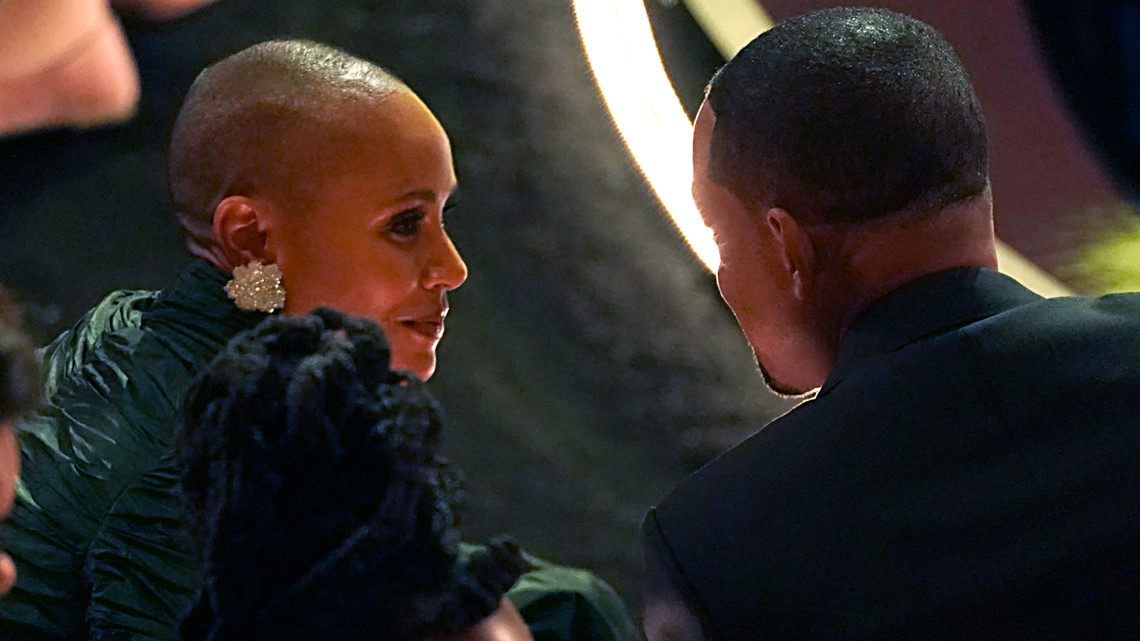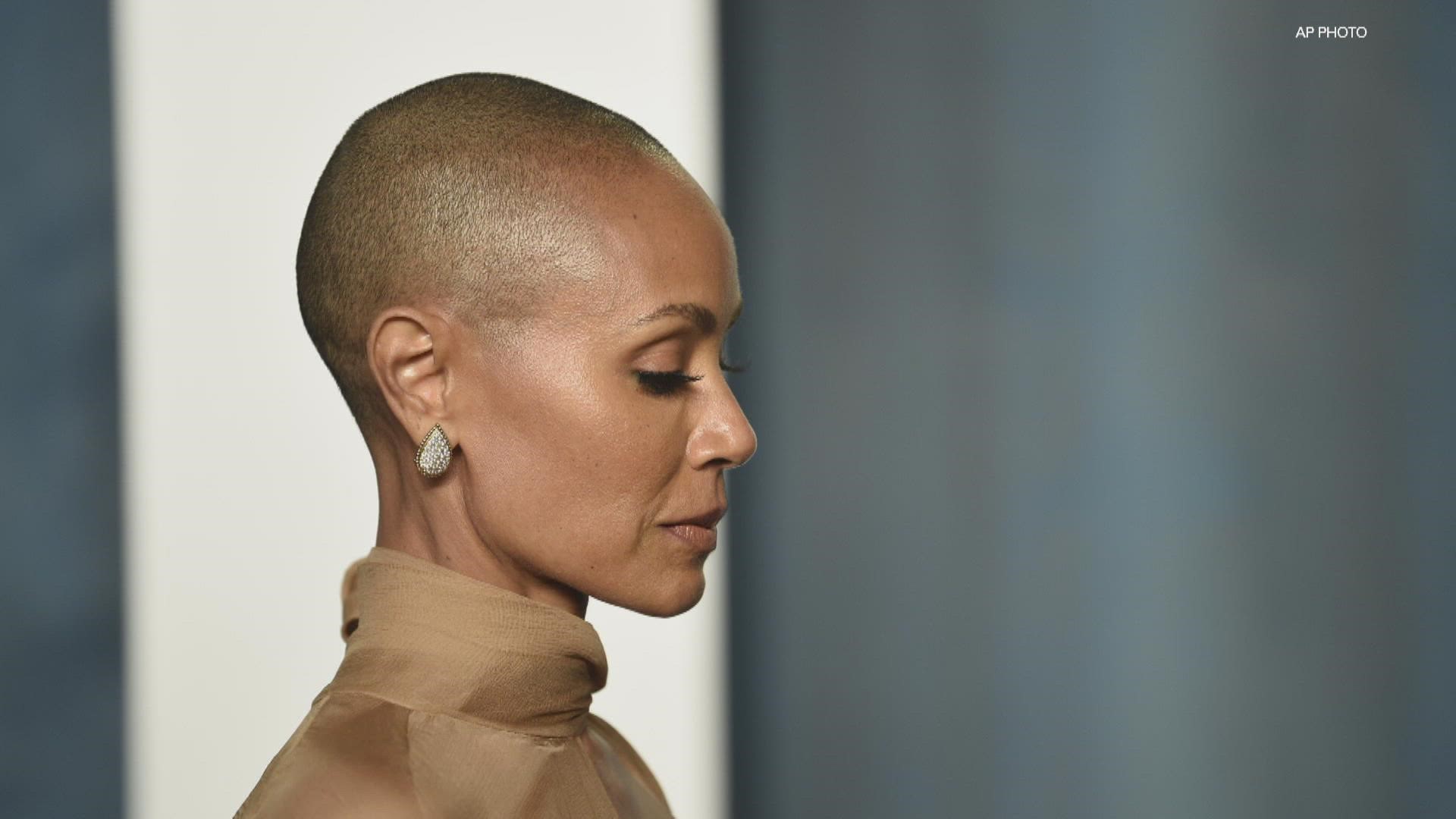INDIANAPOLIS — It was a slap heard around the world.
A comment made by Chris Rock about Jada Pinkett Smith's shaved head brought Will Smith to his feet during the Academy Awards to slap the comedian.
Smith's violence on the stage has drawn ire from many. But the intention of defending his wife over her hair has resonated with many Black women who have felt put down or discriminated against for the texture or style of their hair in the past.
This kind of comment is nothing new, according to Valerie Grim, African American Studies and African Diaspora Studies professor at IU Bloomington. Grim said Black women and their hair have been the subject of jokes, workplace discrimination and racism for many years.
“This discrimination dates back to the 15th century, 16th century, when African-descended people were thought to be inferior,” Grim said. "If that discrimination is based on something that is permanent about me and that gets institutionalized as making me 'less than', then that is not only a micro-aggression kind of discrimination but it leads to a societal kind of discrimination that shows up in the workplace, that shows up in politics, that shows up in many places where Black women should be and have the right to be."


Grim said it's easy to understand why Pinkett Smith and many other women are bothered by jokes and sensitive to discrimination based on their appearance, including their hair. She said those comments cut deeper than most people realize.
"It's not only that African American women are told their hair is unacceptable, if that was where it stopped then that probably wouldn't be very difficult to deal with, just decide to accept it or ignore it and continue to be who you are as a human being. But it relates to the way in which Black women are perceived by others in terms of their beauty, in terms of who they are as woman, in terms of womanhood," Grim said. "I think what it does to a significant degree, it provides this negative construction of beauty where Black women are concerned to the larger world."


There is currently legislation, known as the CROWN Act, that is working its way through Congress. The bill seeks to ban discrimination based on someone's texture or style of hair.
Grim said that legislation can help cut down on discrimination against Black hair in the workplace but she said even if it passes, it will only tackle a symptom of the problem, rather than the overarching issue of racism. She hopes to see that change.
"We need not be distracted in the sense of thinking that if we say, 'OK everybody can wear their hair like they want,' that we've dealt with discrimination. We really haven't dealt with discrimination and we really haven't dealt with racism by addressing a symptomatic example of how that racism is practiced or realized in our society," Grim said.
13News also reached out to the National Alopecia Areata Foundation. Members of the organization said they have been encouraged by Jada Pinkett Smith's advocacy on the topic in recent years.
"Such bravery is contagious and when she comes out and talks about having alopecia it inspires other people," the foundation said in a statement to 13News.
According to the foundation, there have been significant strides toward addressing alopecia in the medical community but they stressed it is not a condition that requires treatment saying, "not everyone in our community necessarily wants treatment."

